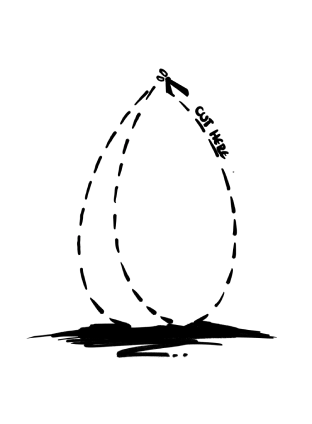Ezra Nickel is the product manager at Happy Valleys Cannabis, which has been in business for nearly two years in Manitoba.
Nickel says the types of people coming in to buy cannabis are quite diverse.
“We get anything from your Nona coming in to ask about CBD and getting her from a zero to educated enough that she feels comfortable taking the product, to your more advanced consumer,” explained Nickel.
Nickel has worked in the industry shortly after cannabis was legalized for recreational use in Canada on October 17, 2018.
He says while the stigma around using marijuana has decreased, laws such as Manitoba’s prohibition on home-growing non-medical cannabis are not reflective of the current times we are in.
“There’s been a case going and that one just got overturned once again and going to appeals once again. Just for the right that Canada has provided to us to grow a few plants at home,” said Nickel.
For another Manitoba cannabis retailer, Delta 9, who has been selling recreational marijuana since it was legalized in Canada back in 2018, they’ve been seeing the industry correcting itself after high anticipation led to a flood of cannabis stores saturating the industry.
“The industry is in the process of rightsizing itself. We are seeing suppliers across the industry decrease their capacity, shuttering facilities, selling off assets. Overall, wholesale pricing has stabilized,” said John Arbuthnot, CEO of Delta 9.
Brad Poulos, lecturer at the Ted Rogers School of Management at the Toronto Metropolitan University adds, “Five years from now I think we will have a mature industry. Most of the players that are not going to make it will have gone under by then. They’ll have been either consumed by somebody else or closed the doors.”
While this may mean lower prices at retailers than what we have seen in the past, industry experts still say measures on the national level such as stringent THC limits and taxation are still curbing the industry’s potential growth.
“Only about 20 per cent of cannabis producers are actually cash flow positive. At the moment, our cannabis edible products are subjected to a limit of ten milligrams of THC. For non-consumers of cannabis, that’s a fairly low number. What the effect of that is, that important edibles category has largely been conceded to the illicit market,” explained George Smitherman, Cannabis Council of Canada, President and CEO.
As Canada is set to mark five years of legalizing the recreational use of marijuana, some believe this opens the door for the legalization of other substances.
“I think it does provide a model going forward to more significant drug policy reform beyond cannabis. If the sky hasn’t fallen for Canada’s justice system in terms of law and order with the legalization of cannabis, maybe that does provide some sense of what might happen with larger decriminalization within the country,” said Andy Hathaway, an associate professor of sociology and anthropology at the University of Guelph.
Nickel adding, “We’re on the cusp of what we’re looking at for medical legalization of a few other substances like psilocybin. Those will likely be sold in stores like ours. I’m hoping that as we continue to research and learn about these things, we start to have legal markets built for them.”
Source: Edward Djan – winnipeg.citynews.ca
Image: unsplash.com

